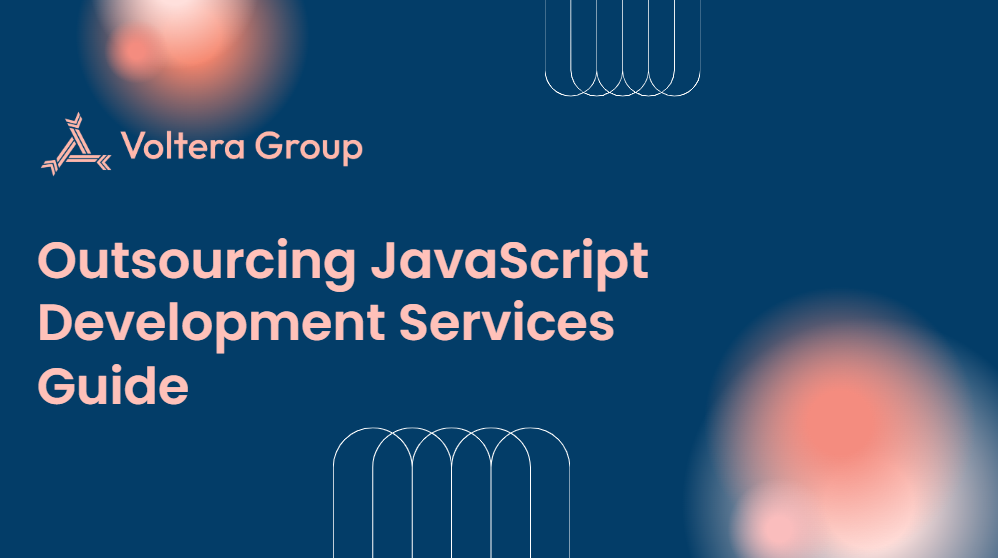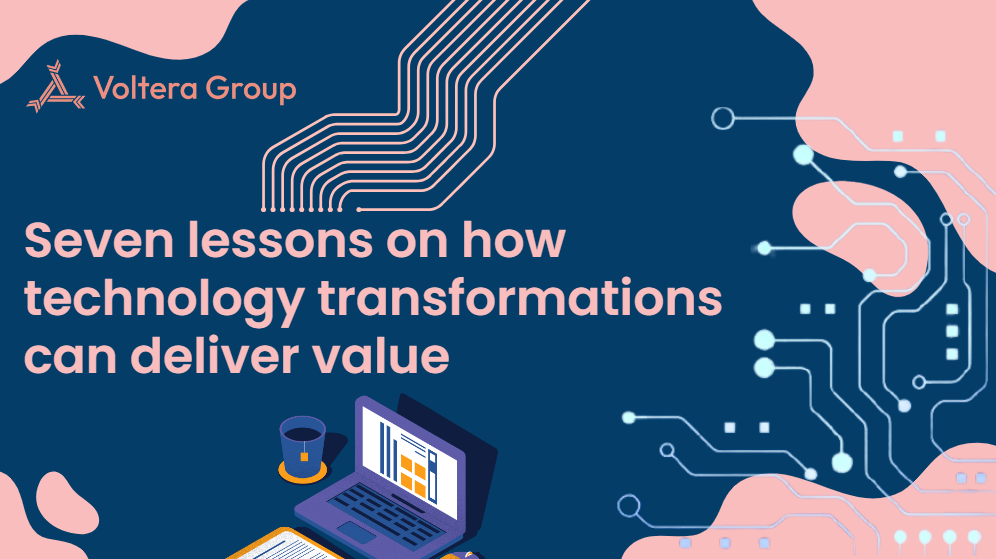Data Science Solutions
Have data? Let's unlock its potential. Our data science experts transform raw information through advanced AI techniques including machine learning, predictive analytics, computer vision, and natural language processing. Whether you need to forecast trends, optimize operations, or derive deeper insights from your data, our comprehensive data science services support your objectives. Discover how we can accelerate your business growth.
Our Data Science Professional Services
We create value by extracting actionable insights from historical data. Our forecasting models enhance sales performance, inventory management, and process optimization. Additionally, we strengthen marketing effectiveness and user experience through recommendation engines and behavioral prediction systems.
Our sophisticated machine learning algorithms analyze extensive datasets to identify meaningful patterns. This enables organizations to forecast outcomes based on historical information, providing capabilities that surpass traditional analytical methods.
We develop specialized NLP solutions that maximize your textual data value through content extraction, sentiment analysis, and classification capabilities. Our systems can process documents, identify key topics, understand customer intent, and organize unstructured information into actionable formats.
Our visual dashboards, charts, and interactive displays enable immediate comprehension of complex information collected from diverse data sources. Discover critical insights with our visualization solutions.
We determine optimal customer profiles based on your existing data assets. Our solutions enhance marketing campaign performance and sales effectiveness by targeting high-potential prospects.
Need Data Science to achieve business objectives?
How We Drive Profit Improvement
Actionable Intelligence
We employ advanced analytical techniques to extract valuable insights from your data. These insights inform decision-making, enabling you to implement effective strategies, optimize operations, and maximize profitability.
Enhanced Customer Engagement
Our solutions help you understand your customers more deeply. This enables personalized marketing initiatives, targeted recommendations, and exceptional experiences that increase satisfaction, retention, and ultimately, profitability.
Operational Optimization
We identify inefficiencies and bottlenecks in your processes, supply chain, and resource allocation. By streamlining workflows, automating repetitive tasks, and optimizing resource utilization, you can reduce costs, improve operational performance, and enhance profitability.
Continuous Performance Improvement
Our solutions allow continuous monitoring of key performance indicators, business metrics, and improvement opportunities. This iterative approach ensures ongoing optimization, adaptability to market changes, and sustained profitability.
LLM Agent A
State-Of-Art Automation (Scheme)
LLM is not only the possibility to chat and get a wide range of information, but it's also the possibility to retrieve your local data from databases, docs, and spreadsheets. With advanced LLM Agents—a core part of generative AI as a service—you can automate your routine processes, streamline client communication, or implement your start-up ideas.

Is your software feeling outdated? Time for a refresh?
Technologies of Artificial Intelligence and Machine Learning
Our Implementation Process
The primary advantage of data science for organizations is delivering precise solutions based on analyzing massive information volumes that cannot be processed manually.
Initial Consultation
01
This preliminary discussion allows us to understand your specific requirements and objectives while sharing our capabilities and approach. We'll explore your project details, recommend potential solutions, and determine our compatibility with your needs.
Discovery and Feasibility Analysis
02
We value flexibility and work effectively with both high-level requirements and detailed technical specifications. In data science, numerous models and approaches exist, so at this stage we conduct thorough interviews to define project objectives. We develop and discuss hypotheses, create solution architecture, establish project plans, and identify insights or features to achieve.
Solution Development
03
Work begins with data collection, cleaning, and analysis. Feature engineering helps identify target variables and build initial models for review. Further modeling involves result validation and selecting approaches for continued development. Ultimately, we interpret findings and deliver actionable insights. Data science requires iterative processes with continuous refinement. We maintain a results-focused approach throughout this development cycle.
Solution Delivery
04
Data science solutions may include insight reports or various models that process information and generate results. While we bring extensive data engineering expertise, we value client participation throughout the project. During modeling phases, we provide interim results to maintain visibility and incorporate your feedback. Transparent communication remains one of our core principles.
Ongoing Support
05
We understand the critical importance of the solutions we develop for clients. Our goal is establishing long-term relationships, so we provide comprehensive guarantees and support agreements. We readily assist with future enhancements, and our statistics show that 97% of clients return with additional projects.
Business Benefits of Data Science Services
Extract Valuable Insights
Our data science team helps uncover meaningful patterns from large information volumes, enabling informed decisions and competitive advantage.
Ensure Scalability
With exponential data growth, organizations need solutions that efficiently handle vast information resources.We provide scalable data science implementations that address processing, storage.
Manage Complex Data Structures
Many organizations deal with diverse and complex data types. We apply specialized techniques including natural language processing, computer vision, and deep learning to extract insights from these advanced data formats.
Automate Analytical Processes
We help automate manual tasks and optimize workflows, allowing your organization to streamline operations and improve efficiency.
Enable Real-Time Decision Support
Making timely decisions is crucial in today’s business environment. We develop custom real-time analytics solutions that process information instantaneously, enabling quick, informed decisions based on current data.
Enhance Customer Experience
Our data science experts help organizations understand their customers more deeply by analyzing preferences, behaviors, needs, and purchase patterns.
Why Choose Us as Your Data Science Partner
Expert Technical Team
Our experienced specialists can generate substantial cost savings, process terabytes of data efficiently, enhance customer experiences by 15% or more, and deliver numerous additional benefits.
Solution Flexibility and Communication
Our collaborative approach based on mutual trust leads to optimized outcomes—reducing manual effort by 100+ hours, increasing production and sales productivity, and achieving near-perfect forecasting accuracy.
Proven Client Satisfaction
Despite addressing complex challenges, our clients consistently express satisfaction with our solutions, as evidenced by positive reviews on Clutch, GoodFirms, and Upwork platforms.
Competitive Advantages with Our Gen AI Services
Frequently Asked Questions
What is data science, and why is it valuable?
Data science encompasses methods for analyzing large information sets to extract actionable business intelligence. With exponentially growing data volumes (Big Data), this discipline implements fundamental principles that enable systems to learn independently through machine learning. Our solutions leverage these capabilities, and can incorporate generative AI to enhance model performance through additional training examples.
How do data science companies solve business problems?
Applied data science relies on mathematical and statistical analysis techniques combined with probability theory knowledge. Our consulting services address two primary objectives: understanding current data conditions and forecasting future outcomes. We implement theoretical approaches using specialized programming tools (languages, frameworks, libraries) and comprehensive services for data extraction, processing, storage, and visualization.
How does data science drive business growth?
Information provides competitive advantage when properly leveraged. Effective analysis and visualization of complex data delivers margin improvements and advantages over competitors who haven’t engaged specialized expertise. Our engineers work with transaction analysis, loyalty programs, and customer behavior forecasting to maximize the business value of your data assets.
What determines data science service costs?
Project complexity primarily drives pricing, making precise estimates impossible without specific requirements. Organizations with limited budgets—including startups and government agencies—frequently leverage data science to optimize resource utilization. As competition among providers increases and efficiency improves, data science services deliver exceptional value relative to their investment.
What distinguishes data science from data analytics?
While these disciplines share analytical techniques, data science encompasses a broader scope and objectives. Data analytics primarily focuses on understanding historical information, while data science extends to predictive modeling, machine learning implementation, and process automation.
How do data science and data engineering differ?
These complementary disciplines work together to enable data-driven decision-making. Data engineering focuses on efficiently managing infrastructure and ensuring information availability and reliability, while data science concentrates on extracting insights and building models to derive business value from the data.
What qualifications do your data science consultants possess?
Our team demonstrates proficiency in specialized programming languages including Python and R, with additional expertise in SQL, Java, Scala, and MATLAB. They possess strong understanding of statistical concepts, hypothesis testing, probability theory, and experimental design. Their capabilities include exploratory data analysis for insight generation and comprehensive knowledge of supervised and unsupervised machine learning methods including regression, classification, clustering, dimensionality reduction, and recommendation systems.
How quickly can we expect results from data science services?
As an iterative field, data science often delivers incremental value throughout project lifecycles. Initial insights, preliminary models, and ongoing improvements provide benefits before final solution completion. The timeline for specific results depends on each project’s unique requirements and complexity factors.



